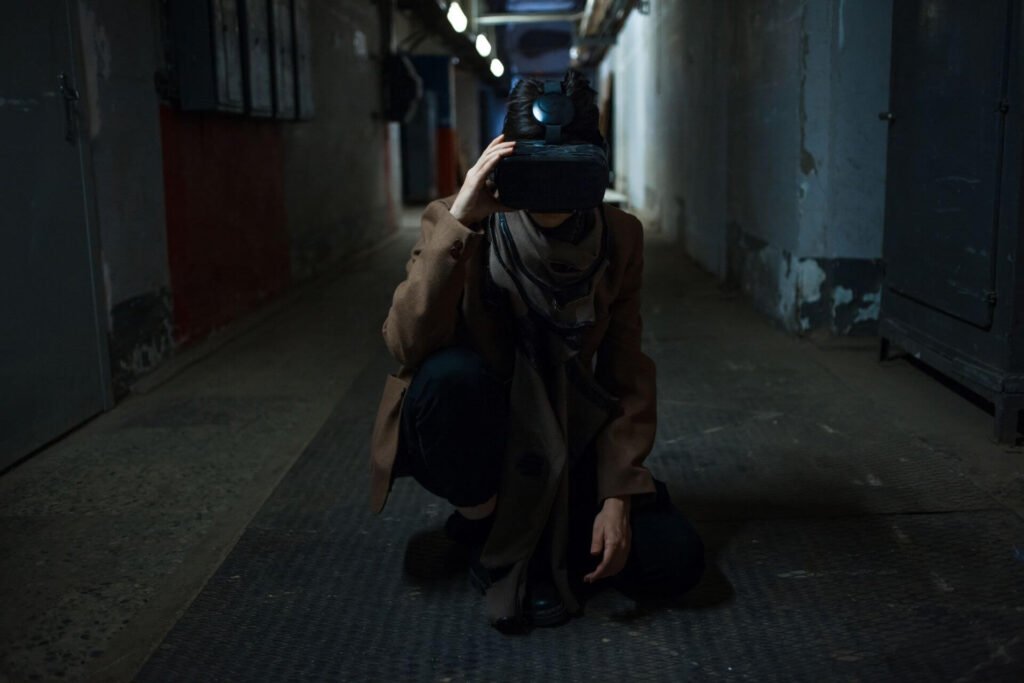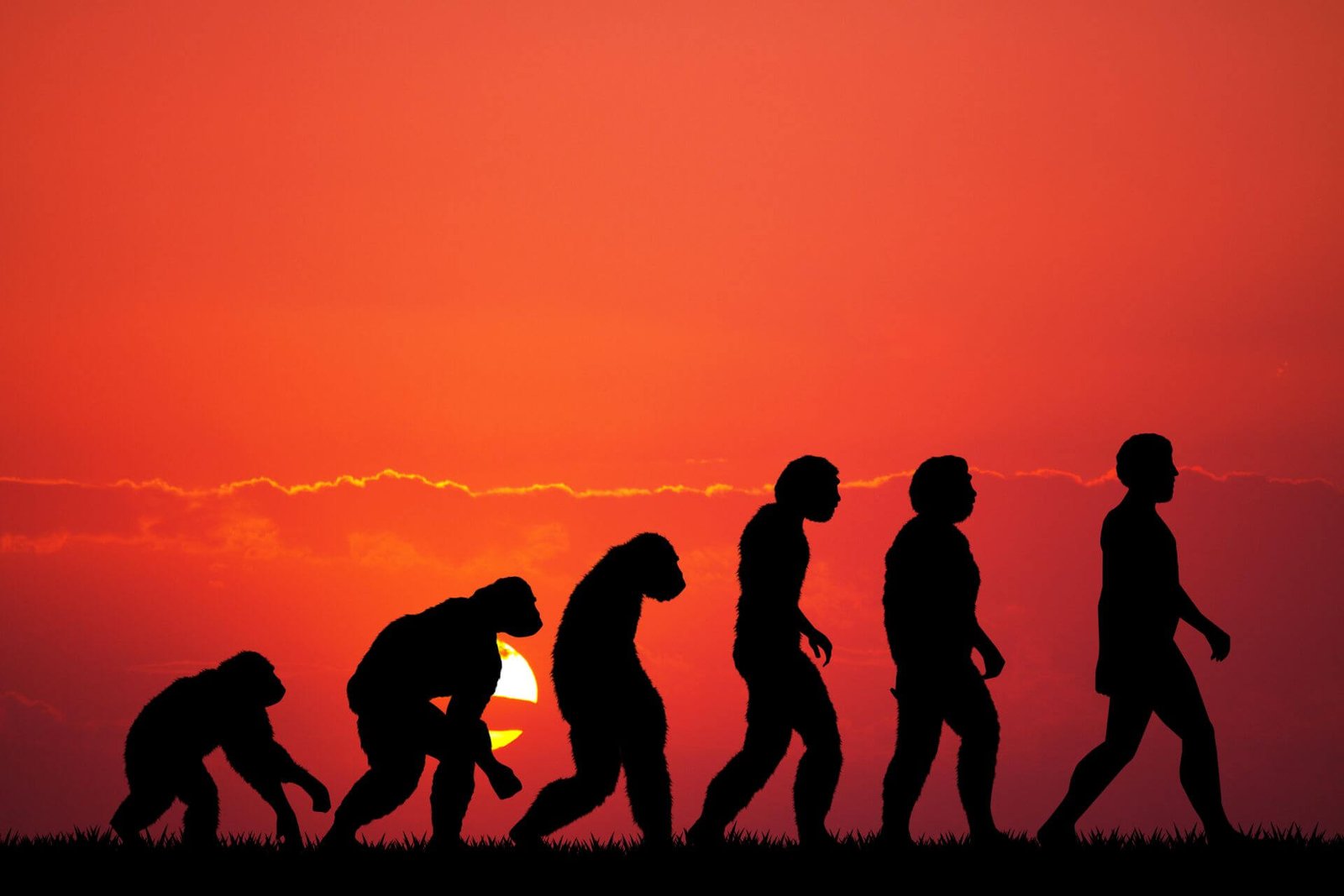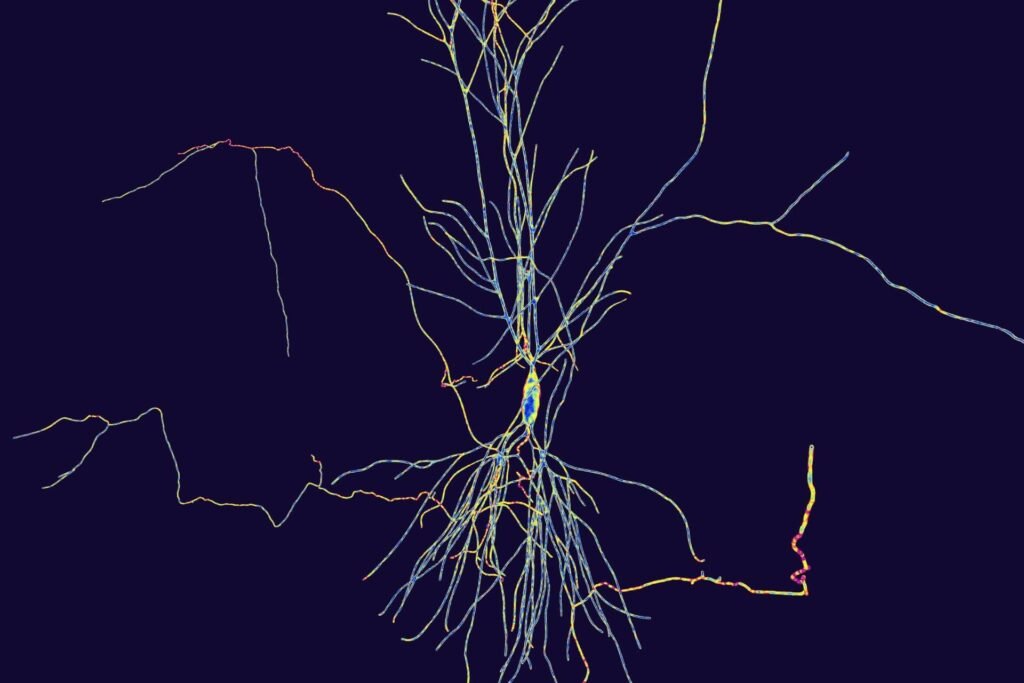One of the most misunderstood addictions (and one of the most common) is porn addiction – and with limitless access, it’s only becoming an even bigger problem, especially for young men.
While the diagnosis of porn addiction is still a controversial one amongst mental health professionals and doctors, research shows that porn addiction can have lasting effects on the brain. So, what is porn addiction and how does it affect the brain? Here’s what you need to know.
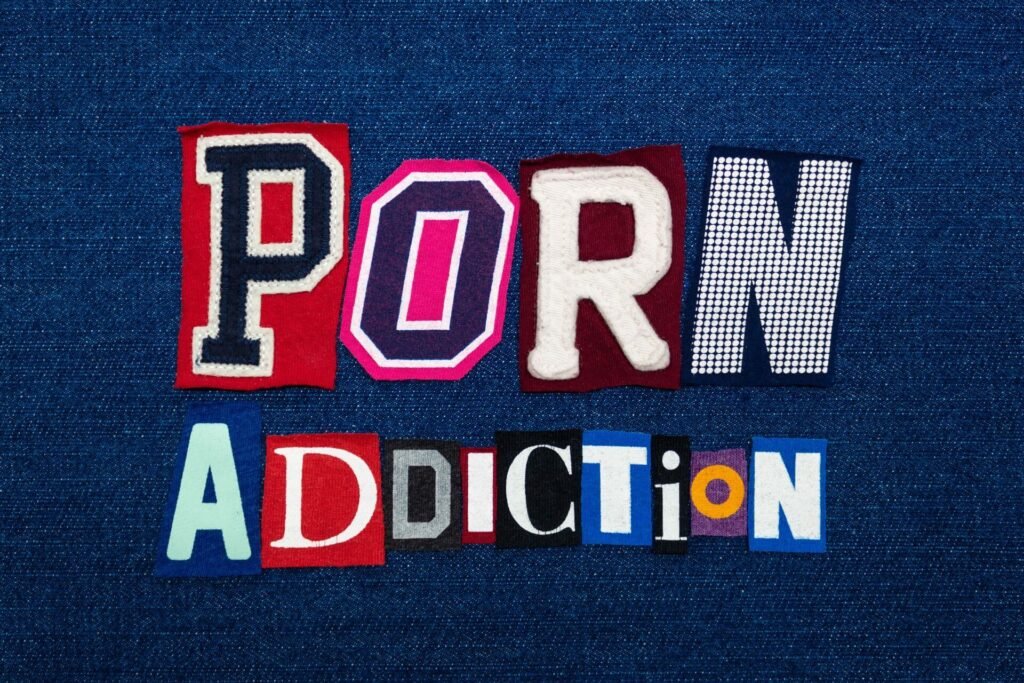
What is Porn Addiction?
Before we get into how porn addiction affects the brain, it’s important to define exactly what porn addiction is and what it looks like. Porn addiction refers to someone who becomes psychologically dependent on pornography to the extent where it’s negatively interfering with their ability to function, daily life, and their relationships.
Although there’s still plenty of research to be done on it, some doctors do consider porn addiction to be a subset of a hypersexual disorder – which is a broad term that includes behaviors that may result from porn addiction, like excessive masturbation.
What Are the Signs of Porn Addiction?
Porn addiction isn’t always easy to diagnosis, especially since the condition itself is controversial in the medical community, but there are some signs that point toward an unhealthy relationship with pornography:
- The pornography that you’re viewing causes you to feel less satisfied with your partner or it begins causing relationship issues
- Even when it begins causing relationship issues, you don’t feel like you can stop viewing porn
- You’re regular sex life becomes or feels less satisfying than it used to be
- You’re performing risky behavior to view porn, like watching it while you’re at work or out in public
- You’re ignoring responsibilities or obligations to view porn, such as cancelling time with friends or calling out of work to watch pornography
- You feel ashamed or frustrated after viewing pornography but feel like you can’t stop watching it
- You have to continually watch more extreme pornography to feel the same release or satisfaction that you did before
- You express a desire to stop viewing porn but can’t seem to quit using it
- You use pornography to cope with negative emotions in your life, like anxiety, sadness, or anger
- You’re spending large amounts of money on pornography and possibly at the expense of other things you need, like groceries or daily necessities
What Causes Porn Addiction
Since the diagnosis of pornography addiction is still controversial, researchers haven’t identified clear causes for it – but there are a few possible causes that could contribute to someone developing a porn addiction, such as:
- Using pornography as a way to escape other mental distress: Some people may learn to use pornography as a form of escapism from other psychological or mental distress in their life.
- Existing relationship and intimacy issues: If you regularly feel dissatisfied in your relationship, pornography may become an alternative sexual outlet for that dissatisfaction.
- Biological causes: Specific biological factors, like changes in your brain chemistry, could also lead to an increased risk of pornography addiction.
- Unhealthy cultural norms or societal expectations: Cultural ideas about the types of sex you should enjoy or how someone should behave and look during intimacy can draw a person to pornography.
Combined with the potential causes above, the easy (and often free) access that many people have to pornography could increase the risk of addiction.
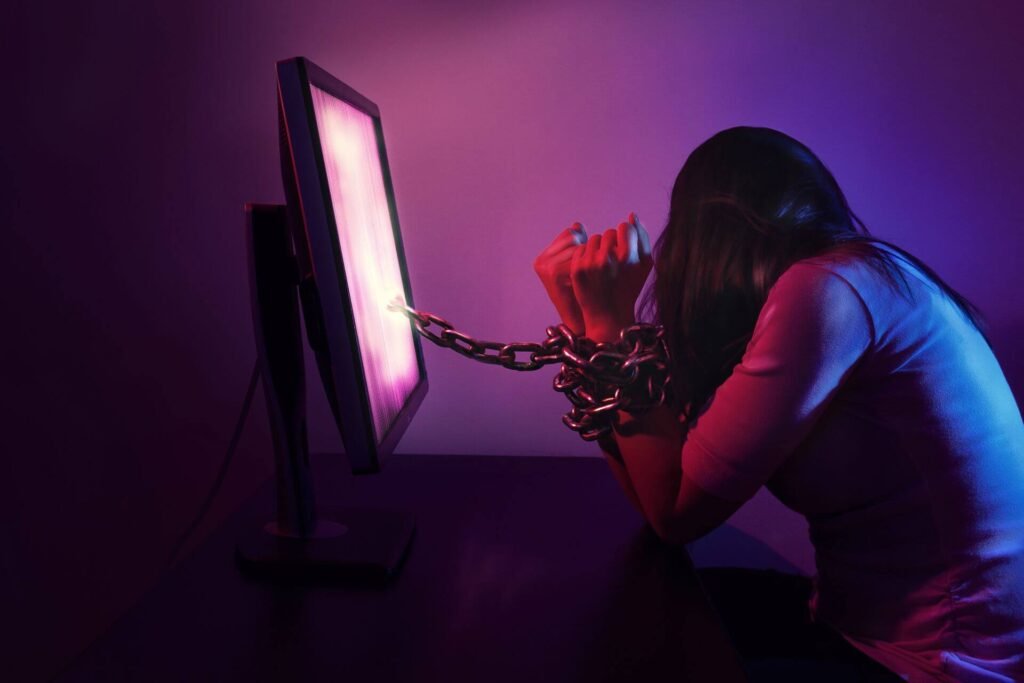
How Does Porn Addiction Affect Your Brain?
Any addiction doesn’t just change your behavior or affect your life negatively – it’s a medical condition that actually affects the brain, and makes you feel compelled to keep continuing the behavior regardless of what it costs you. Porn addiction isn’t an exception to this, and here’s how it can affect or alter your brain.
It May Trigger Your Reward Center
Inside your brain, everyone’s got a reward center, whose job is to release a pleasure chemical, dopamine, into your system when you participate in specific, positive behaviors. If you’ve ever gotten a rush of happiness after eating a delicious meal, exercising, or even spending time with a loved one, there’s a good chance that your brain was supplying you with dopamine.
Because our brains reward us with dopamine for certain behaviors, it’s only natural that you may want to repeat those behaviors.
Unfortunately, addictive drugs use that same dopamine process, and flood your body with pleasurable feelings and positive reinforcement – which leads your brain into developing a preference for that substance so that it can be rewarded again and again.
This is common knowledge with addictive substances like alcohol or drugs, but research suggests that porn could work the same way. It’s easy for porn to trigger those dopamine processes because it’s already easily accessible – for many people, accessing porn and feeling that dopamine rush is as simple as logging onto the internet.
Over time, porn can create pathways and cravings in your brain, which can lead people to spend a longer time watching or viewing porn to get the same “high” they used to. Just like a tobacco user that may start off smoking a cigarette a day but end up smoking an entire pack over time, porn addiction can work the same way.
Someone who’s addicted to porn may start off only watching it a couple of times a week, but after awhile, they may begin viewing it multiple times a day just to feel that same level of satisfaction.
And, like any other addiction, it can be hard to stop watching porn once you’re addicted. If you try to quit, you may experience cravings from the brain’s reward center.
It May Rewire What You Find Arousing
Besides affecting your reward center and dopamine processes, porn addiction can also affect what you find arousing or how you respond to sexual stimuli. Everyone already has preprogrammed, biological reactions to certain stimuli – you may feel a pang of hunger when you see a tasty meal, feel sympathetic or protective over small animals, or be drawn to specific physical traits.
However, we can also change the way we react to certain stimuli by artificially overwhelming them on a regular basis and changing our expectations – which happens more often than you might think. For instance, a new horror movie might terrify you, while an old horror flick from fifty years ago might not scare you at all.
The same phenomenon can happen with pornography – with enough repeated exposure, porn and porn addiction can shape and change the way that we react to sexual situations. Pornography can provide an endless supply of exaggerated sexual stimuli, and change your expectations for intimacy and desire from a partner.
Not only can this change how you view real life partners and intimacy, but when natural stimuli can’t live up to the exaggerated, artificial stimuli that pornography offers, it can also lead to less sexual satisfaction too.
Can the Effects of Porn Addiction be Reversed?
Like any addiction, the effects of porn addiction can be long-lasting and resilient, but studies show they’re not impossible to overcome or reverse. With the right treatment and plenty of patience, the brain can heal and create new, healthy pathways, but it takes sustained effort and plenty of practice.
However, once you’ve gone through treatment and the effects of porn addiction have largely been reversed, many people feel as if they can:
- Rebuild the relationships that they may have harmed with their pornography addiction, especially romantic ones
- Experience intimacy in a healthy way
- Turn to alternative, healthy coping mechanisms rather than pornography
- Identify and manage triggers that may lead to cravings for pornography or sexual thoughts
- Manage stress better

How Do You Treat Porn Addiction?
Just as you would need to treat substance abuse, porn addiction also needs treatment – and most people can’t (and shouldn’t) fight it alone. However, because pornography addiction isn’t an official disorder that shows up in the DSM-5, there’s no official or specific treatment for pornography and may be tricky to find a recovery center that even treats it – but not impossible.
At Tikvah Lake Recovery, we offer professional recovery programs for porn addiction that are personalized to treat the way that this addiction may be affecting your life and relationships. Some of these programs include:
- Individual counseling
- Cognitive Behavioral Therapy (CBT)
- Detox management
- Group therapy sessions
- Holistic and wellness treatment approaches
Going through treatment may not “cure” the addiction, but it can help you manage cravings for pornography and return to your regular life without the compulsive need to view it. If you’re interested in what a personalized treatment program for porn addiction at Tikvah Lake Recovery may look like for you or you’re just looking to find out more information about porn addiction, contact one of our experts today.



